Best movies like Native Land
The Picture with the Most Exciting Story of Our Time!
A unique, carefully handpicked, selection of the best movies like Native Land Starring Paul Robeson, Fred Johnson, Mary George, John Rennick, and more. If you liked Native Land then you may also like: With Babies and Banners: Story of the Women's Emergency Brigade, Old Glory, Bread and Roses, Mudbound, F.I.S.T. and many more popular movies featured on this list. You can further filter the list even more or get a random selection from the list of similar movies, to make your selection even easier.
By the start of World War II, Paul Robeson had given up his lucrative mainstream work to participate in more socially progressive film and stage productions. Robeson committed his support to Paul Strand and Leo Hurwitz’s political semidocumentary Native Land. With Robeson’s narration and songs, this beautifully shot and edited film exposes violations of Americans’ civil liberties and is a call to action for exploited workers around the country. Scarcely shown since its debut, Native Land represents Robeson’s shift from narrative cinema to the leftist documentaries that would define the final chapter of his controversial film career.
You may filter the list of movies on this page for a more refined, personalized selection of movies.
Still not sure what to watch click the recommend buttun below to get a movie recommendation selected from all the movies on this list
Bread and Roses
Maya is a quick-witted young woman who comes over the Mexican border without papers and makes her way to the LA home of her older sister Rosa. Rosa gets Maya a job as a janitor: a non-union janitorial service has the contract, the foul-mouthed supervisor can fire workers on a whim, and the service-workers' union has assigned organizer Sam Shapiro to bring its "justice for janitors" campaign to the building. Sam finds Maya a willing listener, she's also attracted to him. Rosa resists, she has an ailing husband to consider. The workers try for public support; management intimidates workers to divide and conquer. Rosa and Maya as well as workers and management may be set to collide.
F.I.S.T.
Johnny Kovak joins the Teamsters trade-union in a local chapter in the 1930s and works his way up in the organization. As he climbs higher and higher his methods become more ruthless and finally senator Madison starts a campaign to find the truth about the alleged connections with the Mob.
Salt of the Earth
At New Mexico's Empire Zinc mine, Mexican-American workers protest the unsafe work conditions and unequal wages compared to their Anglo counterparts. Ramon Quintero helps organize the strike, but he is shown to be a hypocrite by treating his pregnant wife, Esperanza, with a similar unfairness. When an injunction stops the men from protesting, however, the gender roles are reversed, and women find themselves on the picket lines while the men stay at home.
Fighting Mad
An evil corporation tries to pressure a bunch of Arkansas farmers and ranchers to sell their land so they can strip-mine it for coal. The fiercely proud and stubborn Hunter family refuse to give in. This leads to a bitter conflict that results in several casualties. Eventually the take-charge no-nonsense Tom Hunter exacts a harsh revenge on the villains with the help of his bow and arrow.
I'm All Right Jack
Naive Stanley Windrush returns from the war, his mind set on a successful career in business. Much to his own dismay, he soon finds he has to start from the bottom and work his way up, and also that the management as well as the trade union use him as a tool in their fight for power.
Hymn of the Nations
Hymn of the Nations, originally titled Arturo Toscanini: Hymn of the Nations, is a 1944 film directed by Alexander Hammid, which features the "Inno delle nazioni," a patriotic work for tenor soloist, chorus, and orchestra, composed by Italian opera composer Giuseppe Verdi in the early 1860s. (For this musical work, Verdi utilized the national anthems of several European nations.) In December 1943, Arturo Toscanini filmed a performance of this music for inclusion in an Office of War Information documentary about the role of Italian-Americans in aiding the Allies during World War II. Toscanini added a bridge passage to include arrangements of "The Star-Spangled Banner" for the United States and "The Internationale" for the Soviet Union and the Italian partisans. Joining Toscanini in the filmed performance in NBC Studio 8-H, were tenor Jan Peerce, the Westminster Choir, and the NBC Symphony Orchestra. The film also included the overture to Verdi's opera La Forza del Destino.
In Dubious Battle
In the California apple country, 900 migratory workers rise 'in dubious battle' against the landowners. The group takes on a life of its own—stronger than its individual members, and more frightening. Led by the doomed Jim Nolan, the strike is founded on his tragic idealism—'courage, never submit, or yield'.
Listen to Britain
A depiction of life in wartime England during the Second World War. Director Humphrey Jennings visits many aspects of civilian life and of the turmoil and privation caused by the war, all without narration.
The Autobiography of Miss Jane Pittman
In February, 1962, as the civil rights movement reaches Bayonne, Louisiana, a New York journalist arrives to interview Jane Pittman, who has just turned 110. She tells him her story dating back to her earliest memories before slavery ended. In between the chapters of her life, the present-day struggles of Blacks in Bayonne, urged on by Jimmy, are dramatized.
10,000 Black Men Named George
In the 1920s, the rights of American workers to join a labor union was still considered an open question, and African-Americans were routinely denied their civil and economic rights. 10,000 Black Men Named George, the title, refers to the fact Pullman porters were often called "George" by white passengers, which was considered a racial slur.
The Trials of Alger Hiss
Documentary by lifelong friend that supports the innocence of Alger Hiss (convicted in January 1950 on two counts of espionage-related perjury)
Sing Your Song
Most people know the lasting legacy of Harry Belafonte, the entertainer. This film unearths his significant contribution to and his leadership in the civil rights movement in America and to social justice globally.
The Loving Story
This documentary film tells the dramatic story of Richard and Mildred Loving, an interracial couple living in Virginia in the 1950s, and their landmark Supreme Court Case, Loving v. Virginia, that changed history.
In Enemy Country
Wartime secret agents are on a mission to destroy a deadly new type of torpedo, hidden in a Nazi stronghold in France.
I Am Not Your Negro
Working from the text of James Baldwin’s unfinished final novel, director Raoul Peck creates a meditation on what it means to be Black in the United States.
The Silence of Others
The story of the tortuous struggle against the silence of the victims of the dictatorship imposed by General Franco after the victory of the rebel side in the Spanish Civil War (1936-1975). In a democratic country, but still ideologically divided, the survivors seek justice as they organize the so-called “Argentinian lawsuit” and denounce the legally sanctioned pact of oblivion that intends to hide the crimes they were subjects of.
Dolores
Dolores Huerta bucks 1950s gender conventions by starting the country's first farm worker's union with fellow organizer Cesar Chavez. What starts out as a struggle for racial and labor justice, soon becomes a fight for gender equality within the same union she is eventually forced to leave. As she wrestles with raising 11 children, three marriages, and is nearly beaten to death by a San Francisco tactical police squad, Dolores emerges with a vision that connects her new found feminism with racial and class justice.
Lowndes County and the Road to Black Power
Through first person accounts and searing archival footage, this documentary tells the story of the local movement and young Student Nonviolent Coordinating Committee (SNCC) organizers who fought not just for voting rights, but for Black Power in Lowndes County, Alabama.
Swing Shift Maisie
Street-smart Maisie from Brooklyn lands a job at an airplane assembly plant during WWII and falls in love with handsome pilot "Breezy" McLaughlin. Breezy, however, falling in love with and getting engaged to Maisie's conniving roommate Iris, doesn't realize she's using him and it's up to Maisie to convince him.
Cesar Chavez
A biography of the civil-rights activist and labor organizer Cesar Chavez. Chronicling the birth of a modern American labour movement, Cesar Chavez tells the story of the famed civil rights leader and labour organiser torn between his duties as a husband and father and his commitment to securing a living wage for farm workers. Passionate but soft-spoken, Chavez embraced non-violence as he battled greed and prejudice in his struggle to bring dignity to working people.
Joe Hill
In the early 1900s, the legendary Joe Hill emigrates with his brother to the United States. But after a short time, he loses touch with his brother. Joe gets a few jobs but is struck by all the injustice and tragedy going on. He becomes active in the forbidden union IWW, a union for workers without trades. It is forbidden to demonstrate and to speak in public but Joe gets around that by singing his manifests with the Salvation Army. He manages to get more and more people to go on strike with him but he also makes powerful enemies doing that. Finally he gets connected with a murder and during the trial he fires his lawyer and takes upon himself to become his own defender.
The Ku Klux Klan: A Secret History
From its inception in 1866 to it's diminished but still vocal brotherhood in the modern era, this release takes a close look at the ways in which the Klan has evolved through such events as the Civil Rights Movement and affirmative action. In addition to informative interviews with such subjects as Hooded Americanism author David Chambers and The Fiery Cross author Craig Wade, this film also seeks to get the story from the inside by offering revealing interviews with Grand Dragon Edward Foster and Imperial Wizard Jeff Bary.
King
Forty years after Martin Luther King s assassination, HISTORY, with newsman Tom Brokaw, takes viewers through the extraordinary life and times of America's civil rights visionary. KING goes beyond the legend to portray the man, the questions, the myths and, most importantly, the relevance of Dr. King s message in today s world. Includes a rare interview with his son, Martin Luther King III, as well as associates from the civil rights campaigns and contemporary figures such as former President Bill Clinton, Condaleezza Rice, Bono, Forest Whitaker, Chuck D and others.
Skinheads USA: Soldiers of the Race War
An examination of a group of skinheads--white, mostly male youths involved in the neo-Nazi, white supremacist hate movement in the U.S.--and the older adults who brought them into, and try to keep them in, the movement in the first place.
American Reds: The Failed Revolution
The documentary AMERICAN REDS provides a historical overview of 20th century Communism and the growth, decline and contemporary relevance of the Communist Party, USA (CPUSA). Since its founding in 1919, the CPUSA has championed the struggles for democracy, labor rights, women’s equality, and racial justice. During its heyday in the 1930s and 1940s, it attracted millions of Americans to support its causes and almost 100,000 men and women to enlist in its ranks. The film begins with the Party's emergence as a small militant sect in the 1920s and documents its rise to the foremost radical group in the United States during the Great Depression, fighting against racism, sexism and fascism, as well as for the rights of workers to organize. It ends with the decline of the Party during the Cold War under the assaults of the FBI and anti- communist crusades.
A Cemetery Special
A documentary profiling cemeteries and cemetery-related businesses and events across the United States.
Land of Liberty
This film tells the history of the United States from pre-Revolution through 1939.
Together We Live
A ham-handed cautionary fable against communism, the film concerns a group of Civil War veterans who are appalled by the burgeoning radical movement in America.
The Eleanor Roosevelt Story
An intimate and moving portrait of one of the most remarkable women in American history. It is the story of a lonely, unhappy child who became the most admired and respected woman in the world. Richard Kaplan's lively documentary reveals the human face behind the American icon, beginning with the emotional deprivation suffered by this plain, awkward little girl born into a socially prominent and powerful family. Though she would eventually marry a man who would look beyond her awkwardness, Eleanor was not content to be the proper, silent wife to her husband Franklin's extraordinary political career. Instead, she began a lifelong crusade to speak out about injustice and oppression in any form. Preserved by the Academy Film Archive in 2006.
Prelude to War
Prelude to War was the first film of Frank Capra's Why We Fight propaganda film series, commissioned by the Pentagon and George C. Marshall. It was made to convince American troops of the necessity of combating the Axis Powers during World War II. This film examines the differences between democratic and fascist states.
Freedom on My Mind
In 1961 Mississippi was a virtual South African enclave within the United States. Everything is segregated. There are virtually no black voters. Bob Moses, enters the state and the Voter Registration Project begins. The first black farmer who attempts to register is fatally shot by a Mississippi State Representative. But four years later, the registration is open. By 1990, Mississippi has more elected black officials than any other state in the union.
Seeing Red: Stories of American Communists
A unique documentary that looks at the political activities of the American Communist Party in the early to mid-twentieth century.



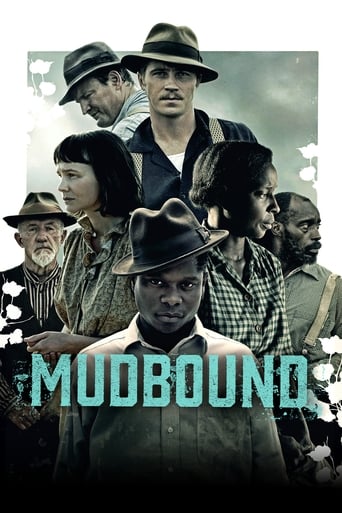





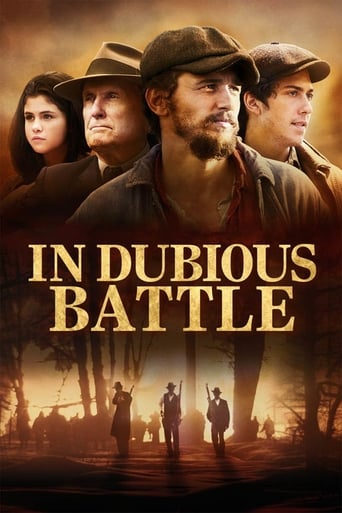

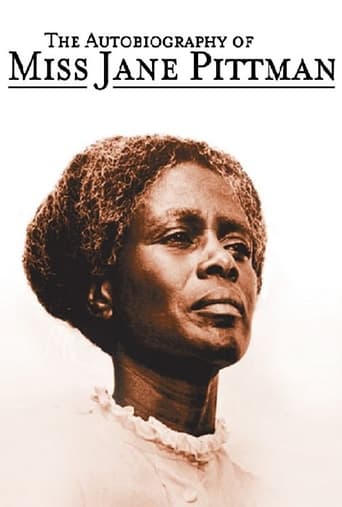
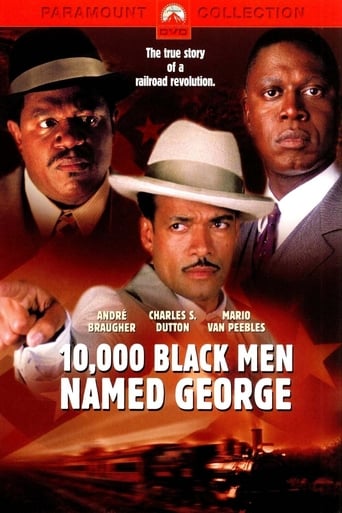



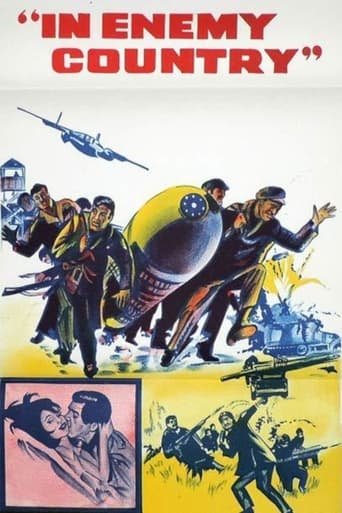





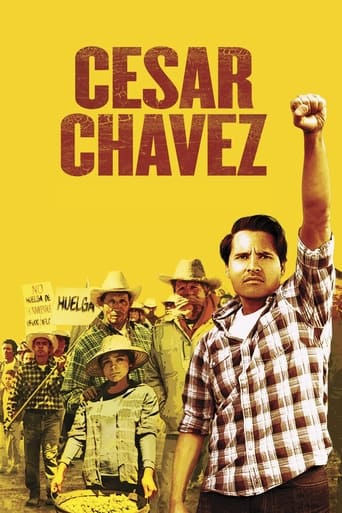








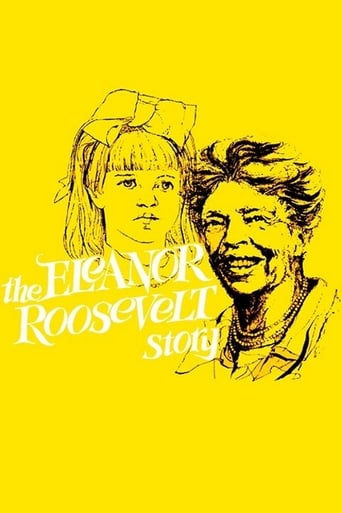
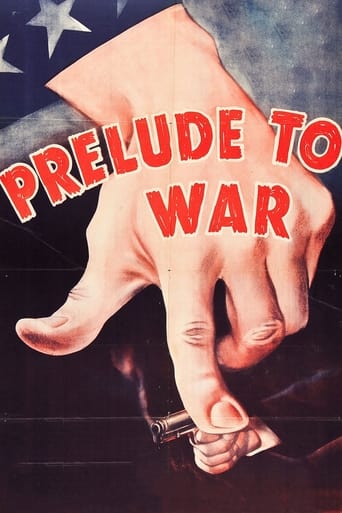
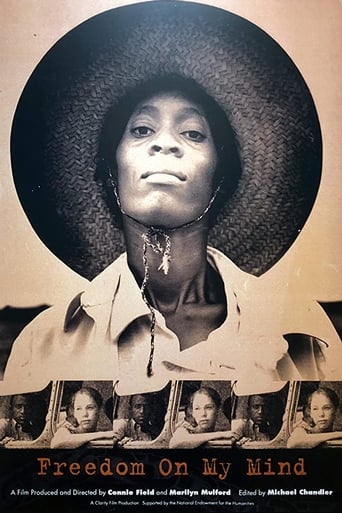
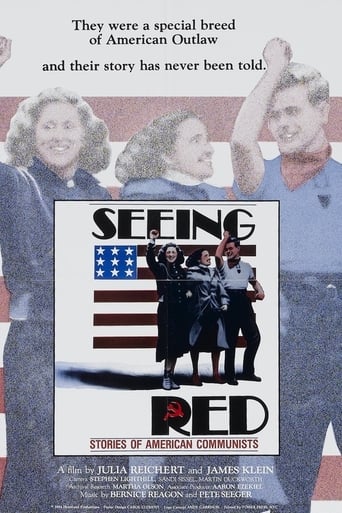

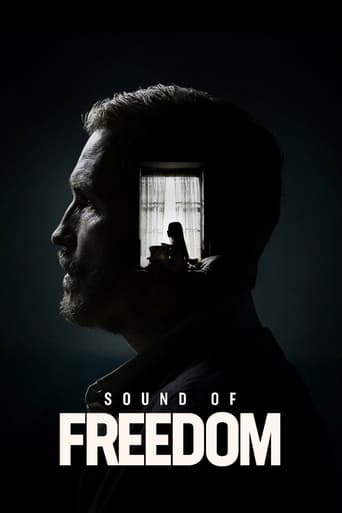

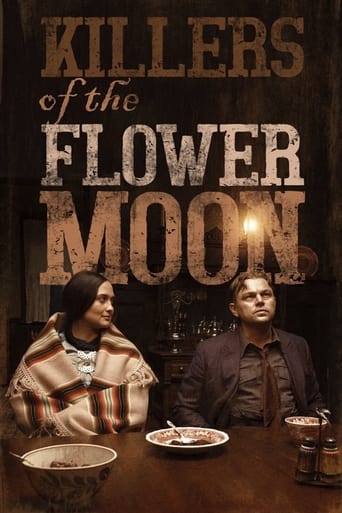

With Babies and Banners: Story of the Women's Emergency Brigade
With Babies and Banners: Story of the Women's Emergency Brigade is a 1979 documentary film directed by Lorraine Gray about the General Motors sit-down strike in 1936–1937 that focuses uniquely on the role of women using archival footage and interviews. It provides an inside look at women's roles in the strike. The film was one of the first to put together archival footage with contemporary interviews of participants and helped spur a series of films on left and labor history in the US utilizing this technique. The film was also important in helping bring into view the history of American women being active in the public sphere, particularly in union and labor actions. The film was, further, ground breaking because it was produced and directed by women. It was nominated for an Academy Award for Best Documentary Feature.